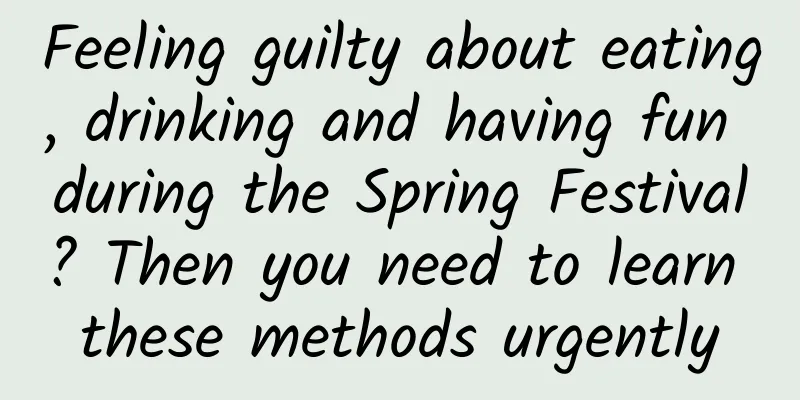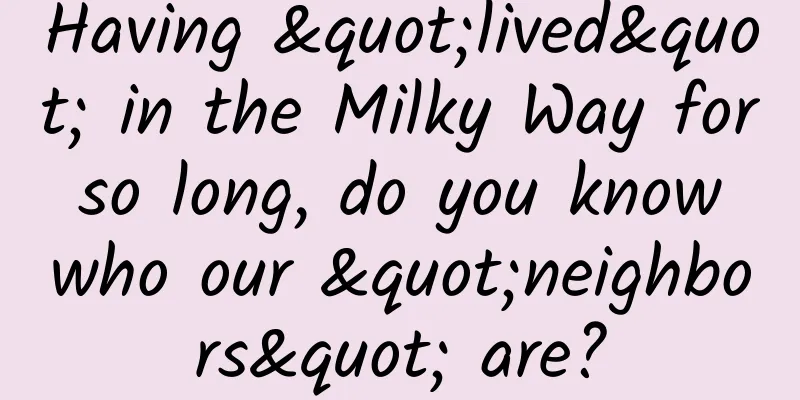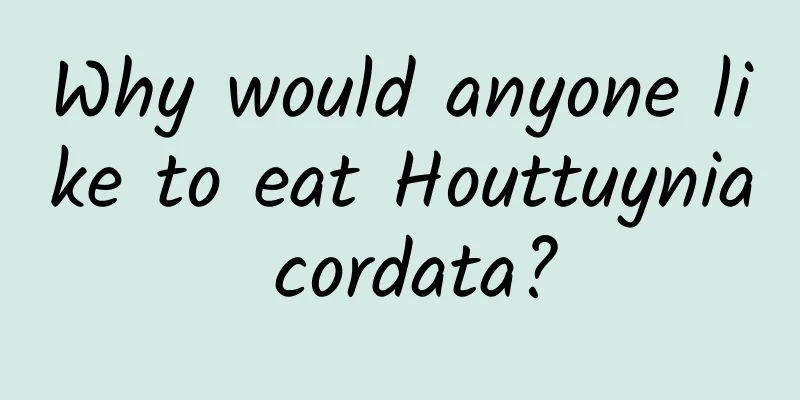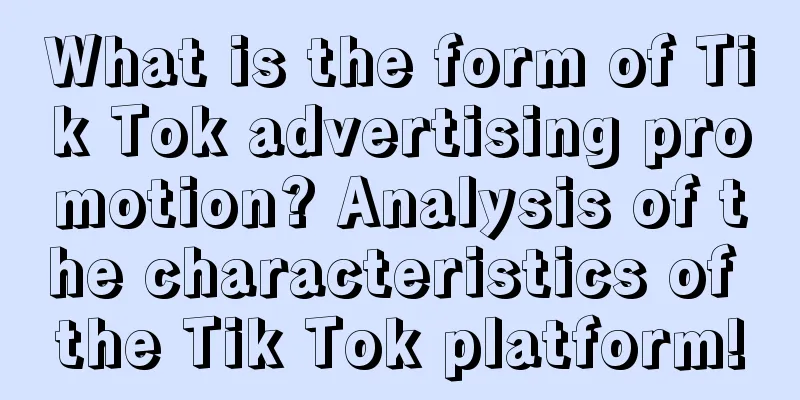The fastest way to earn $500,000 a month? Apple App Store becomes a hotbed for scam software
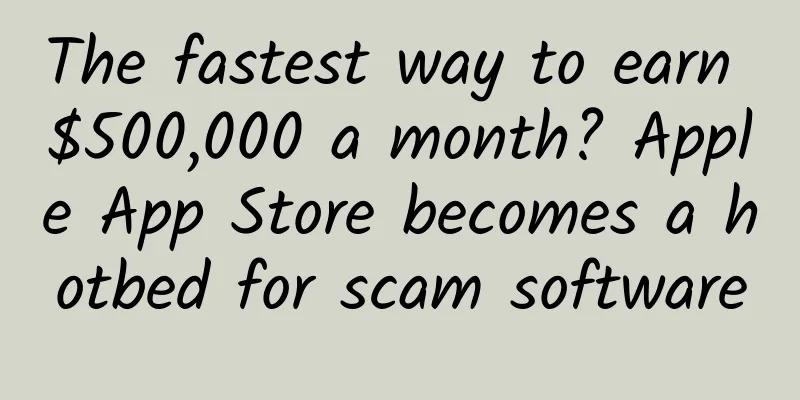
|
Recently, foreign technology writer Johnny Lin published an article titled "How to use the App Store to earn $80,000 a month", revealing that there is a type of fraudulent APP in the Apple App Store, which uses advertising and fingerprint payment to deceive users into subscribing, while the functions of the application itself are mediocre. Apple removed the APP exposed in the article shortly after the revelation, but the existence of "fraudulent subscriptions" still highlights the imperfections of the Apple App Store's review mechanism and the hidden worries of careless user operations. Apple proudly announced at WWDC that they have helped developers earn $70 billion in total, 30% ($21 billion) of which was earned last year alone. This number is incredible to those users who buy apps at "freezing points" and "limited freebies". Out of curiosity, Johnny Lin conducted a study on the popular apps on the App Store. It turned out that many developers can indeed make a fortune from the App Store, but the way some apps make money is not very fair. The author first entered the "Rankings - Efficiency" category list, where apps from well-known companies such as Dropbox, Evernote and Microsoft were listed. Then he saw an app called "Mobile Protection: Clean & Secure VPN" in the tenth place. Seeing this illogical title, the author initially thought that there was something wrong with the store ranking algorithm. When he went to Sensor Tower to verify the revenue status of this app, the result surprised him: $80,000 per month! Who would download such an app and pay for it every month? The confused author checked the detailed information of the app developer, who was an independent developer named Ngan Vo Thi Thuy. A VPN service involving communication security is actually provided by an independent developer, and this person has not even established a company. This is too suspicious. The text description of the APP makes the author feel more suspicious: It says that "Mobile Protection: Clean & Secure VPN" includes the following features: - Quick Scan: Automatically scan for duplicate contacts, merge or delete. -Full Scan: Scan for duplicate names, photos, emails, no names, no photos, no emails. -Subscribe to Premium VPN to use VPN features: Change your device IP What seems funny is that the only use of this so-called "mobile protection" software is to help you screen duplicate contacts in your address book. Clicking on the comments on the app, all of them are obviously fake comments: In order to further understand how such a strange APP could make it into the top ten of the rankings, the author bravely downloaded it. When I opened it for the first time, the app "asked for access to contacts for scanning". Strangely, there was only one "Agree" option below. After clicking it, the iOS system would ask again whether to grant permission, but the author cleverly skipped it. The app then shows that danger has been detected on the phone and highlights options such as "Device Analysis", "Quick Scan" and "Protect the Internet". Click "Device Analysis" and the app will show the remaining memory and storage space of the iPhone. A useless and irrelevant function. After clicking "Quick Scan" and "Full Scan", the app displays "Your contacts have been cleaned and no duplicates were found." After successfully passing the above "security check", the author entered the last procedure "Protect the Internet". But after clicking, he saw - Game advertising. The author clicks the "X" in the upper left corner to close the ad and return to the APP. Ads are hard to avoid. I just closed the game ads and saw this: It was written in black letters on a white background: "Free Trial". Since it was free, there was no harm in giving it a try. So the author clicked on it. The Touch ID payment interface pops up on your phone? ! "Full virus and malware scanner..." - It should be pointed out that due to the sandbox mechanism of the iOS system, it is impossible for the APP to perform a global scan, which is obviously a bluff. Continue reading - "...You will pay $99.99 for a weekly subscription." In the inconspicuous third row, iOS casually guides users to pay $100 for the service by simply placing their thumb on the Home button. And it's $100 "per week." The author is glad that he read the text carefully and did not waste the money, but not everyone can be so careful. It is not surprising that such an elaborate scam, which lures you in step by step, generates $80,000 in revenue per month. As long as 200 people take the bait, $80,000 per month, that is $960,000 a year. Due to the policy of the Apple Store, Apple takes 30% of the revenue, which is $288,000. People with good sense of prevention will not be easily fooled, but there are tens of thousands of downloaders on the App Store platform, and it is not difficult to deceive 200 people out of millions of people. "Mobile Protection: Clean & Secure VPN" ranks 144th in the download ranking of free efficiency applications in the App Store, with 50,000 downloads in April alone. The sad thing is that many "technically illiterate" users may have wanted to find a reliable application to protect their mobile phones, but fell into the tiger's mouth by mistake. How does a crappy app get 50,000 downloads in a single month? Normally, most apps are discovered by users through store searches. Johnny Lin suspected that this app might use some very good "App Store Search Optimization" (ASO). He searched for "virus scanner" in the App Store: The first-ranked app is called "iPhone Protection - Mobile Security VPN", which sounds very similar to the app mentioned above. The in-app purchase price is also a "sky-high" $99.99. It turns out that although the App Store is known for its strict review, there is a review loophole in the "advertisement" position. Scammers use this loophole to spend money to make their products appear prominently in the search results, disguised as normal apps, and deceive users into taking the bait. Furthermore, Johnny Lin discovered that this "advertising + fraud APP" method is not an isolated case, but is common in many rankings of the App Store. If you search for "wifi", you will see: The first result is a promotional app called "WEB Password Generator". The subscription price is $50 per month. According to inquiries, this app has been on the market for less than two months and has already reached a monthly revenue of $10,000. It seems that this trick of taking advantage of advertising review loopholes has been around for a long time and has become a shortcut for some unscrupulous developers to make huge profits. Countermeasures 1. Promote basic mobile phone knowledge to people around you. If they are unfortunately affected, please choose to unsubscribe and get a refund. 2. After discovering a fraudulent app, promptly report it to Apple through iTunes Connect. 3. After the foreign media reported this, Apple has removed the relevant apps from its App Store and is expected to make improvements to the App Store ad review mechanism soon. But before that, you can forward this article to remind people around you to raise their awareness. Beware of the bottomless pit of in-app purchase subscriptions: How to cancel and get a refund In iOS, many apps are charged by subscription, but they will not be automatically unsubscribed when you delete the app. When you download and try many apps, you may not remember which services you have subscribed to. In order to avoid wasting money, you can manually check your subscription. The steps are as follows: 1. Go to the App Store app, scroll down and click Apple ID; 2. Click "View Apple ID" in the pop-up window; 3. Pull down and click "Subscription" to manage all subscription services. How to get a refund If you regret purchasing the app, you can apply for a refund through the following link: reportaproblem.apple.com/ Note: Refund applications must be made within 90 days of purchase, and will not be accepted after this date. As a winner of Toutiao's Qingyun Plan and Baijiahao's Bai+ Plan, the 2019 Baidu Digital Author of the Year, the Baijiahao's Most Popular Author in the Technology Field, the 2019 Sogou Technology and Culture Author, and the 2021 Baijiahao Quarterly Influential Creator, he has won many awards, including the 2013 Sohu Best Industry Media Person, the 2015 China New Media Entrepreneurship Competition Beijing Third Place, the 2015 Guangmang Experience Award, the 2015 China New Media Entrepreneurship Competition Finals Third Place, and the 2018 Baidu Dynamic Annual Powerful Celebrity. |
<<: Japan bets on all-solid-state batteries, 23 companies jointly develop
>>: Apollo's driverless bus will go into mass production next month. Can Baidu's Apollo do the same?
Recommend
How to write a certificate for employees returning to work? Template for proof of return to work for employees during the epidemic!
Several months have passed since the outbreak of ...
What exactly is Occam's razor?
© Ness Labs Leviathan Press: Occam's razor is...
Guangzhou Mobile: Portable work platform [WeChat Enterprise Account Case]
Guangzhou Mobile Workstation is a portable work p...
How can a UI designer who has been working for one or two years and is still standing still advance in his studies?
As you all know, for a long time we have been ins...
Shadows in the Sun! The death list of smart hardware is here
This article is transferred from Sohu Media Platf...
May Day air ticket blind box marketing model!
In one week, the whole nation will usher in the h...
How to awaken the product’s communication power? Share 6 methods!
Once the product is made, the big challenge is ho...
Dance Steps and Emotions "Teasing 5 Boys to Men" Watermark-free PDF e-book
Dance Steps and Emotions "How to Flirt with ...
Is the nuclear radiation from CT scan, a magical tool for cancer detection, very harmful? Nuclide: I am innocent...
The "nuclear" thing has long been widel...
What brand advantages are needed to use low-price strategies for marketing?
Many people believe that if the product has the s...
I don't believe the new iPhone design is so ugly, but it may really be a "triple camera"
After Apple suddenly announced a reduction in its...
What are those random things you see during a migraine?
Leviathan Press: When I was a kid, I would always...
Tonghuashun stock trading software video tutorial from entry to mastery
Tonghuashun stock trading software from entry to ...
How to carry out a successful scenario-based content marketing?
Good copywriting is like a love letter, which mak...
Sun Yingsha and Liang Jingkun won the championship. Does the quality of playing table tennis have anything to do with the racket?
Table tennis, as my country's national sport,...
